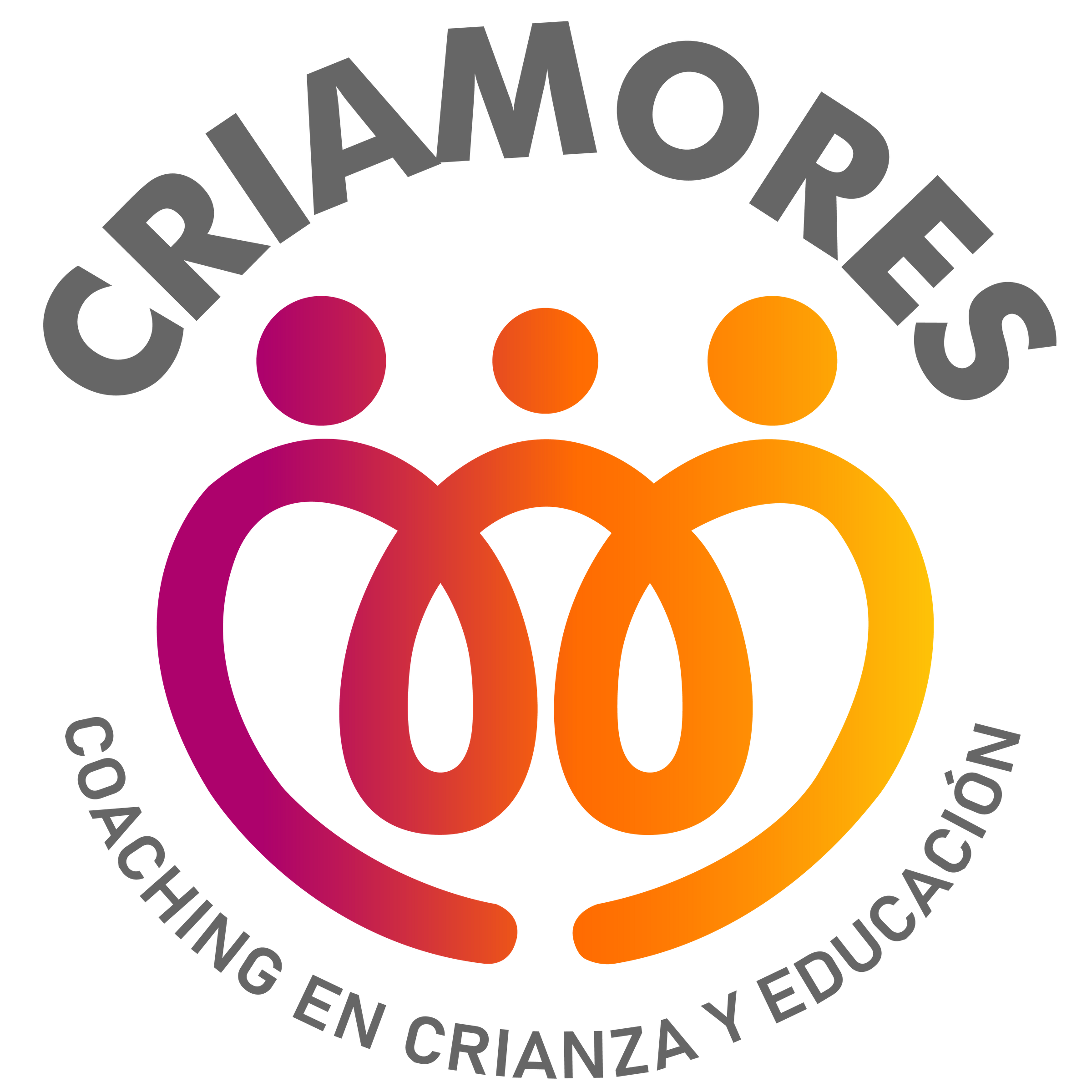Make sure you are prepared by identifying fun activities that will promote your sobriety. There will be plenty of options from museum trips and guided tours to outdoor adventures. Treat yourself so that you don’t feel like you are missing out by not drinking. There are many ways to access support while you’re away to keep your recovery going strong. The good news is that many alumni report enjoying family vacations or new experiences more in recovery than before because in recovery they are truly present and able to appreciate everything.
- Ask specific people back home if they would be willing to respond to a phone call, text, or email at any time of day or night if you need to reach out.
- You can also think about the location and set-up of your destination.
- Just try to remember to breathe, take these surprises with a calm and positive attitude, and remember to bring your earplugs, pillow, and eye mask.
- She continued counseling for the highly regarded WestBridge treatment program, ultimately serving on the WestBridge leadership team as Customer Relations Coordinator managing the Admissions and Marketing team.
A staycation is a perfect way to strengthen your recovery by planning safe activities with people who are supportive of your recovery and who enrich your mind and spirit. Gather a small group of friends and take a walk on the beach, a fun day of biking, or get together for coffee and a chat. Especially during this uncertain and stressful time, it’s more important than ever to get some time away – even if it’s at home – to renew and recharge. With the onset of the COVID-19 pandemic, many vacations have been put on hold, but you may still feel a need to safely get away for a few days.
How to Enjoy Vacation While in Recovery
That’s not a specific feature of addictions; it’s just the way humans are. Many phrases in the addiction field have been tossed around for years without being clearly defined or even being meaningful. Choosing recovery close to home means your support system is just a few miles away. Getting exhausted, skipping meals, or eating junk food lowers your ability to deal with triggers healthily. Being in different time zones and sleeping in different beds can challenge anyone’s serenity.

It’s admirable to accept where you are at in the recovery process, and take things at your own pace. If you do feel ready to venture out on a sober vacation, the first step is to plan for success. While you are away, remember to relax and enjoy your time, but be sure to have plans in place to prevent boredom from striking to avoid any potential temptation that may risk your sobriety. If you are someone who finds peace through nature, scope out some outdoor active activities such as kayaking, snorkeling, and rock climbing. If you are traveling with children, check out some local zoos, aquariums, and amusement parks that provide entertainment for the whole family.
Tips for Families in Recovery
With support just a few clicks away, there is no reason you can’t get to a meeting while on vacation and check in with your peers. The Alumni Association at Recovery Centers of America hosts virtual meetings for our alumni and the recovery community 7 days a week, multiple times a day. Just the idea of vacationing while sober can cause anxiety in a newly sober person. Certainly, everyone has to address where they are on the sobriety journey before deciding to travel.

Have conversations before you commit to any trip you are making, especially in early recovery. Dr. Boris received his degree in medicine from New York College of Osteopathic Medicine and completed his Emergency Medicine residency at Lincoln Medical and Mental Health center in Bronx, NY. Janet is a seasoned social work professional with over 30 years’ vacationing in recovery experience working with clients spanning all age groups. She has held both clinical and administrative roles and has received four awards for outstanding performance in the social work field in the past six years. Alice Bemand, Director of Development, is proud to have created the first fund development program in the history of High Watch.
Bonus Sober Travel Tip
It’s always a good idea to let those in your support network know you will be traveling and may be in need of some extra support. Not only does this make it easier for you to pick up the phone when in need, doing so gives them the opportunity to check in on you and offer their encouragement. If you are relatively new to sobriety, “getting away” might not be wise. Early on in recovery, people are typically on much shakier ground physically and mentally.
Bringing those extra items that you may need, like medication if you suffer from migraines, is worth the cost of checking a second bag at the airport. While going through your planning ahead prep, try sitting down and making an actual list of the things you might need to have with you to get through the day or even resist triggers. From delayed flights to unexpected hotel locations, there may be many last-minute changes that https://ecosoberhouse.com/ cause you to lean even more into the “adventure” than you planned. Preparing yourself mentally to take on these challenges can help mitigate the levels of stress or triggers that may come with stress. Just try to remember to breathe, take these surprises with a calm and positive attitude, and remember to bring your earplugs, pillow, and eye mask. Things may happen during your travel journey that you simply cannot prevent.
